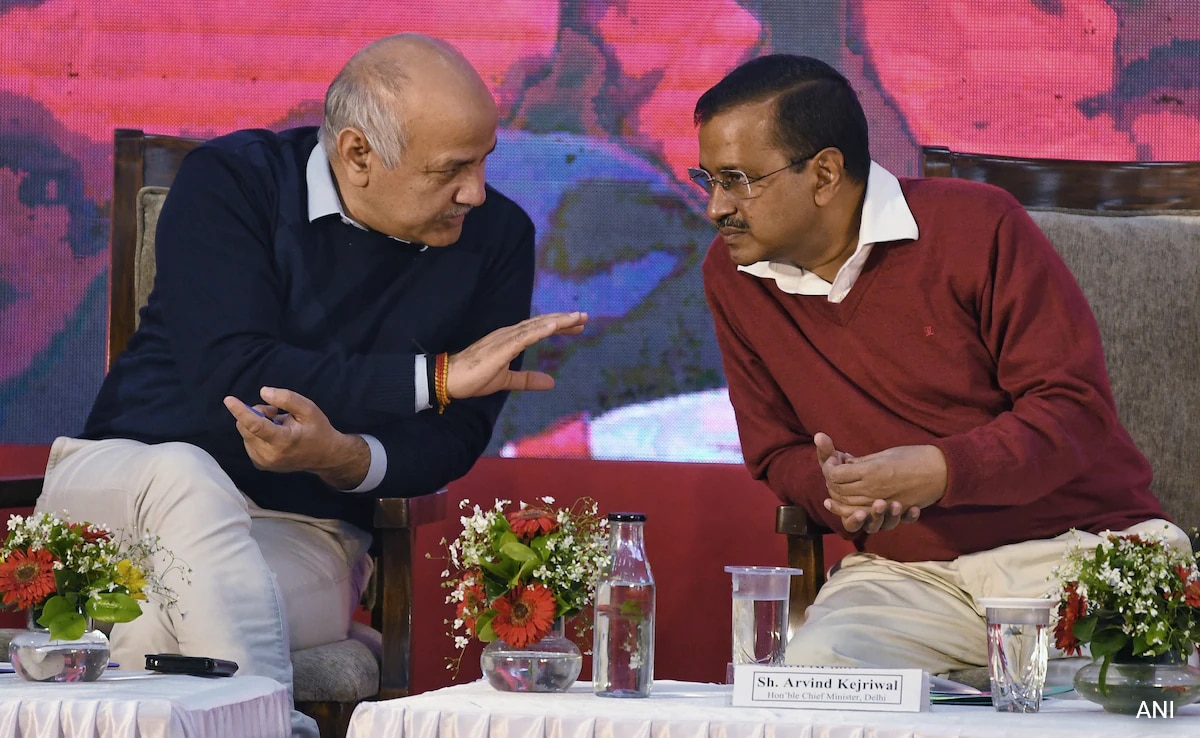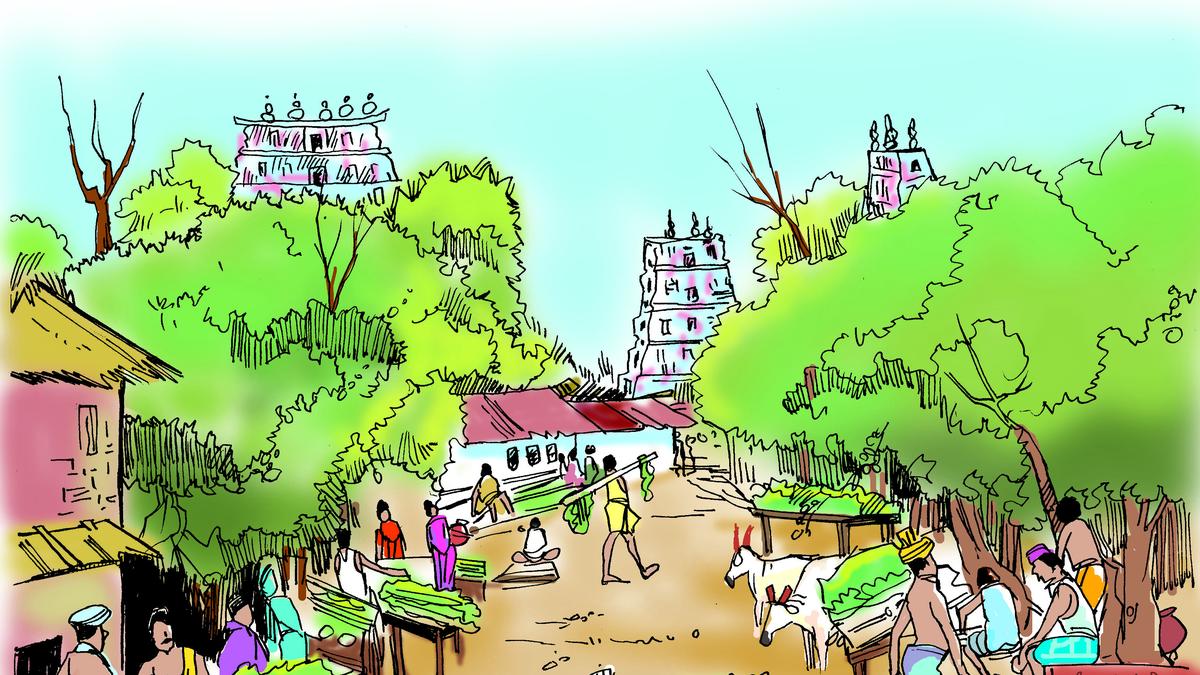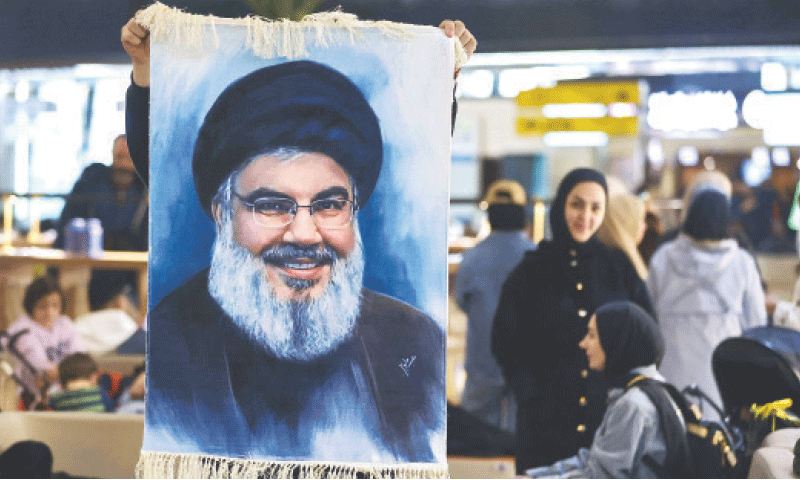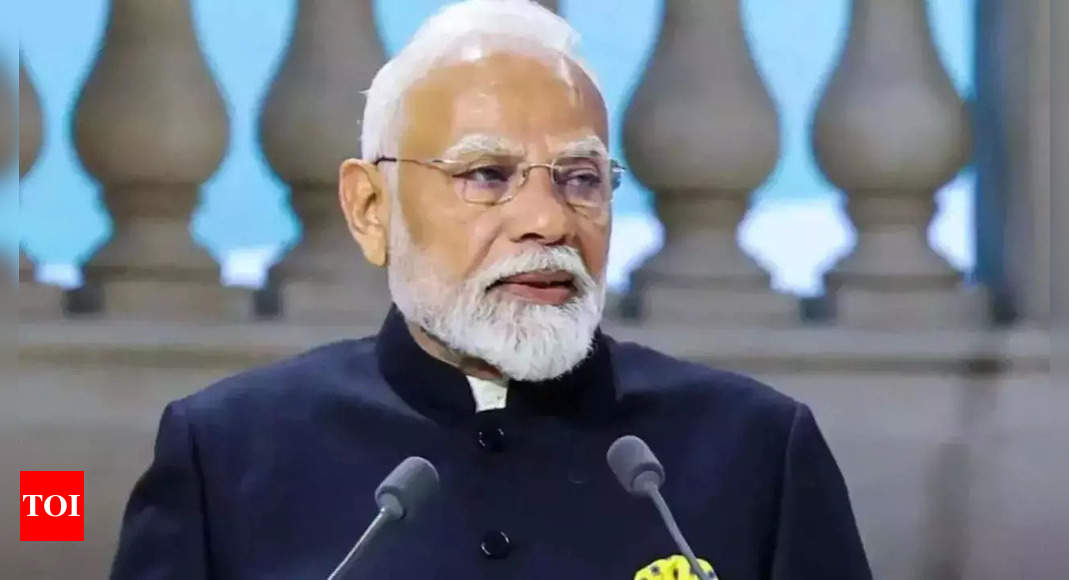‘AAP-da’ For Arvind Kejriwal? Delhi Exit Polls Predict Rout


New Delhi:
Will the just-concluded assembly elections spell the end of the dream run by Arvind Kejriwal’s Aam Aadmi Party in the national capital? Six of seven exit polls appear to think so, with just one tentatively giving the party half a chance. Matrize has predicted an outer margin of 37 seats for AAP — two more than the halfway mark of 35 in the 70-member assembly.
The rest are predicting a change of guard — suggesting that the people of Delhi have shifted their allegiance from AAP to the BJP – their favourite 20 years ago. Four exit polls predicted between 15 and 35 seats for the party and 38 to 40-plus seats for the BJP. Only one, the People’s Pulse, has suggested a BJP sweep, with 51-60 seats.
An aggregate predicts 26 of Delhi’s 70 seats for AAP and 43 for the BJP. Most pollsters have kept the Congress in the fringes — the maximum seats predicted for the party is just three.
While exit polls do not always get it right, in the last two elections, they had correctly predicted a victory for AAP, though falling short of the massive mandate the party had received.
The predictions come on the heels of a loud and clear election campaign for the BJP that kept a tight focus on the corruption allegations against AAP — the party that came to power on the wings of the anti-corruption movement by Gandhian Anna Hazare.
Over the last two years, a majority of AAP leaders, including Arvind Kejriwal and his trusty aide Manish Sisodia spent time in jail over multiple corruption allegations.
Not just the massive alleged liquor policy scam, the “Sheesh Mahal” allegations against Mr Kejriwal – the Rs 33.6 crore revamp that that turned the official residence of the Chief Minister into an opulent bungalow – appeared to have taken the sheen off AAP that thrived on its governance records for the better part of the last decade.
Buttressing AAP’s credentials of revamped education and healthcare sectors was its hugely discounted power and water bills – what Prime Minister Narendra Modi had slammed as “revdi” – sops to bring in the votes.
On the downside, there was also AAP’s constant friction with the Lieutenant Governor, the Centre’s representative in Delhi who had been given power over the bureaucrats through a new law. AAP has repeatedly claimed that it had hamstrung its government — its petition against the “inordinate” powers granted to the LG is pending before a Constitution bench of the Supreme Court.
In face of the massive challenges, AAP this time had gone back to the basics, opting for a low-key door-to-door campaign that had worked for it massively in 2015 – providing a contrast to the BJP’s glamour, glitz and big guns.
What worked better will be known on Saturday, as the counting of votes begins in Delhi.





